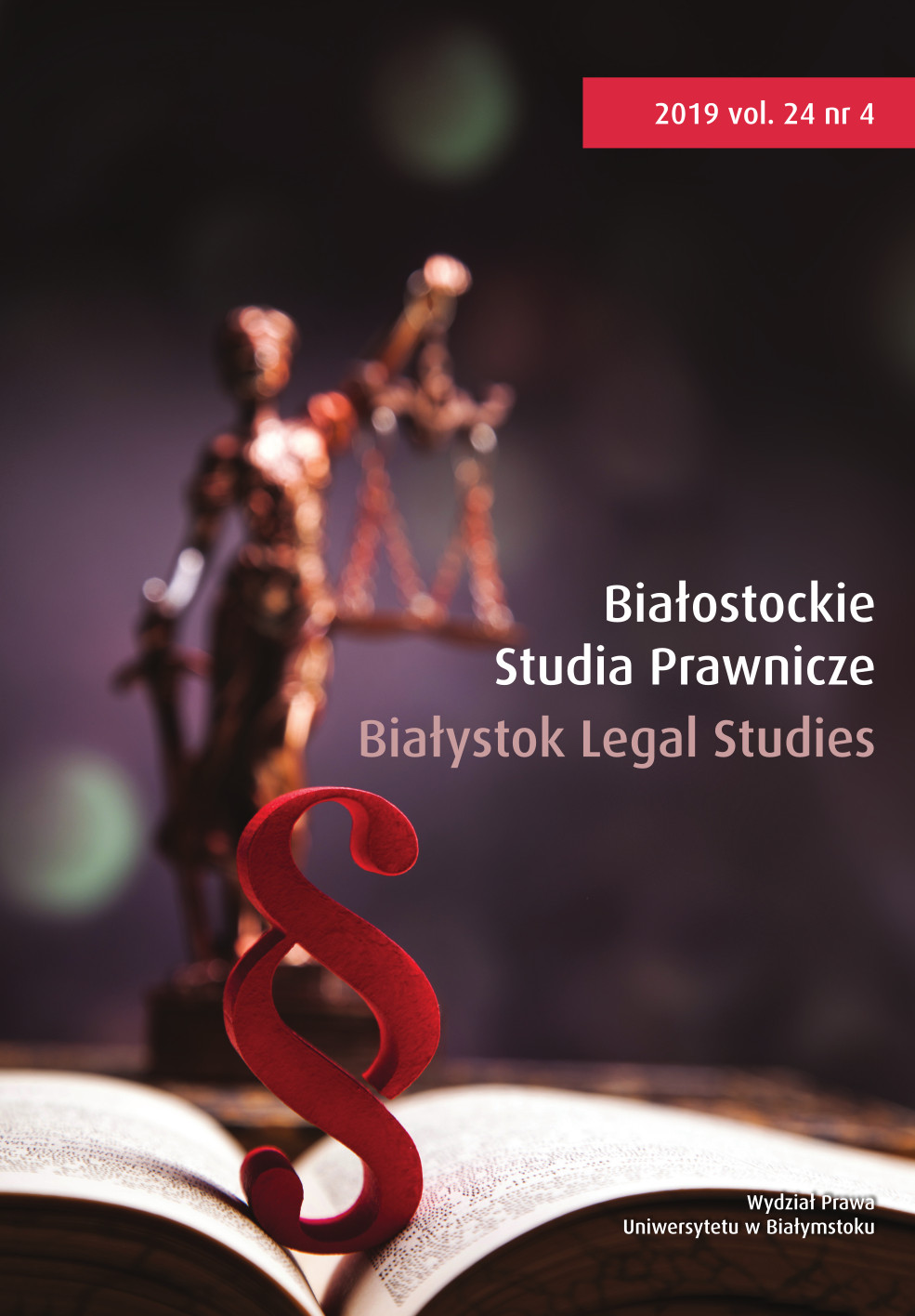Bundestag a parlamenty krajowe
Bundestag and National Parliaments
Author(s): Kamila M. Bezubik Subject(s): Politics / Political Sciences, Law, Constitution, Jurisprudence, Constitutional Law
Published by: Temida 2
Keywords: German federalism; cooperation; constitution; niemiecki federalizm; współdziałanie; ustawa zasadnicza
Summary/Abstract: The Federal Republic of Germany is a federal state. The general division of competences between the Federation and the Länder, by establishing a presumption of competence in favour of the Länder, shall be enshrined in a Basic Law. The system of division of powers emphasizes the need for the Federation and the Länder to work together in individual matters. Hence, the model of federalism adopted in the Basic Law is referred to as cooperative federalism. The main focus here is on cooperation between the federal government and the federal states. Cooperation between the Federation and the Länder may take different forms. Some of them are defined in the Basic Law. Through the Bundesrat, the Länder shall act in the legislation and administration of the Federation as well as in the affairs of the European Union. They shall participate in the election of federal organs: the Federal President shall be elected by the Federal Assembly. Interaction at parliamentary level is different: Bundestag and national parliaments. Despite the lack of constitutional regulations, informal cooperation mechanisms have been developed at the level of contacts between the Bundestag and the Landtags. The Länder are ready to cooperate, but there is also a willingness to maintain their independence.
Journal: Białostockie Studia Prawnicze
- Issue Year: 4/2019
- Issue No: 24
- Page Range: 79-88
- Page Count: 10
- Language: Polish

